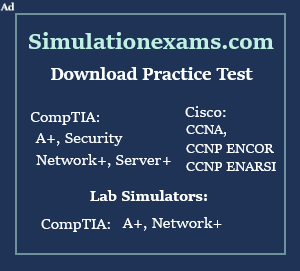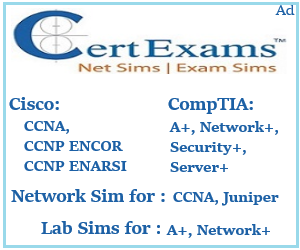3. Cloud.com CloudStack: CloudStack makes it possible for enterprises and service providers to build and manage their own clouds. While the community version is completely open source, the enterprise and service provider editions use some proprietary code.
Features of CloudStack. Source: cloudstack.apache.org
Works with hosts running XenServer/XCP, KVM, Hyper-V, and/or VMware ESXi with vSphere
Provides a friendly Web-based UI for managing the cloud
Provides a native API. Users can manage their cloud with an easy to use Web interface, command line tools, and/or a full-featured RESTful API
May provide an Amazon S3/EC2 compatible API (optional)
Manages storage for instances running on the hypervisors (primary storage) as well as templates, snapshots, and ISO images (secondary storage)
Orchestrates network services from the data link layer (L2) to some application layer (L7) services, such as DHCP, NAT, firewall, VPN, and so on
Accounting of network, compute, and storage resources
4. OpenShift Origin/OKD: OKD is the upstream community-supported version of the Red Hat OpenShift Container Platform (OCP). OpenShift expands vanilla Kubernetes into an application platform designed for enterprise use at scale.
Features of OKD. Source: github.com/openshift/origin
Easily build applications with integrated service discovery and persistent storage.
Quickly and easily scale applications to handle periods of increased demand.
Support for automatic high availability, load balancing, health checking, and fail-over.
Push source code to your Git repository and automatically deploy containerized applications.
Web console and command-line client for building and monitoring applications.
Centralized administration and management of an entire stack, team, or organization.
Create reusable templates for components of your system, and iteratively deploy them over time.
5. Zimbra: Zimbra is an email, calendar, address book and file sharing solution that is similar to Microsoft Exchange/Outlook. According to the website, it was "built for the cloud, both public and private." Operating System: Linux, Unix, OS X.
6. Apache Mesos: Apache Mesos is the first open-source cluster manager that handles workloads efficiently in a distributed environment through dynamic resource sharing and isolation. It abstracts CPU, memory, storage, and other compute resources away from machines (physical or virtual), enabling fault-tolerant and elastic distributed systems to be easily built and run effectively.
Features of Mesos
Mesos is cross-platform: It runs on Linux, OSX and Windows.
Native support for launching containers with Docker and AppC images.
Achieves great levels of High Availability: Fault-tolerant replicated master and agents using Zookeeper. Non-disruptive upgrades.
It greatly scales linearly: Industry proven to easily scale to 10,000s of nodes.
Support for APIs: HTTP APIs for developing new distributed applications, for operating the cluster, and for monitoring.
A friendly web interface: Built-in Web UI for viewing cluster state and navigating container sandboxes.
7. AppScale: AppScale is an open-source cloud computing platform that automatically deploys and scales unmodified Google App Engine applications over public and private cloud systems and on-premise clusters. It is a distributed software system that implements a cloud platform as a service (PaaS).
Features AppScale
Scalable: As the name suggests, AppScale deploys automatically Google App Engine applications with ease.
Quick prototyping
AppScale is easy to use hence making companies favor it.
7. Tsuru: Tsuru is an extensible and open source Platform as a Service (PaaS) that makes application deployments faster and easier.
Features of Tsuru. Source: docs.tsuru.io
Fast, easy and continuous deployment: Deploying an app is simple and easy, Tsuru will also take care of all the applications dependencies in the deployment process.
Easily create testing, staging, and production versions of your app and deploy to them instantly.
Scaling: Scaling applications is completely painless. Just add a unit and Tsuru will take care of everything else.
Reliable: Tsuru has a set of tools to make sure that the applications will be always available.
Open source: Tsuru is free, open source software released under the BSD 3-Clause license.
Logging: Tsuru captures container logs that may be freely processed and redirects them to stdout and stderr
Tsuru supports many platforms.






